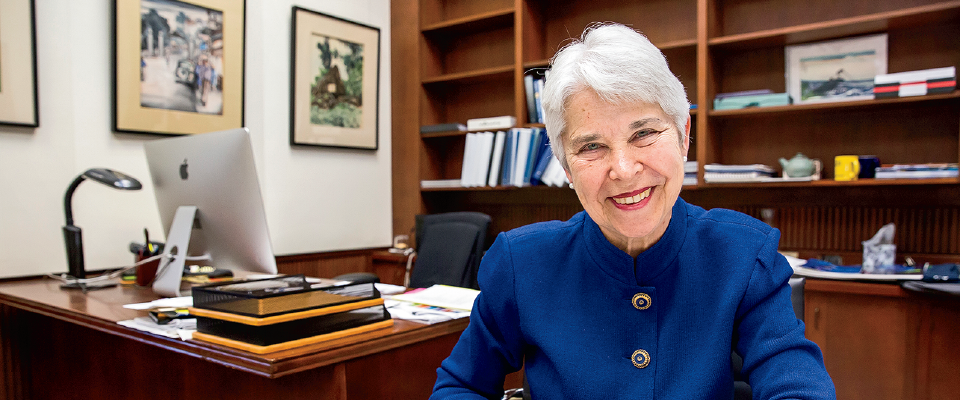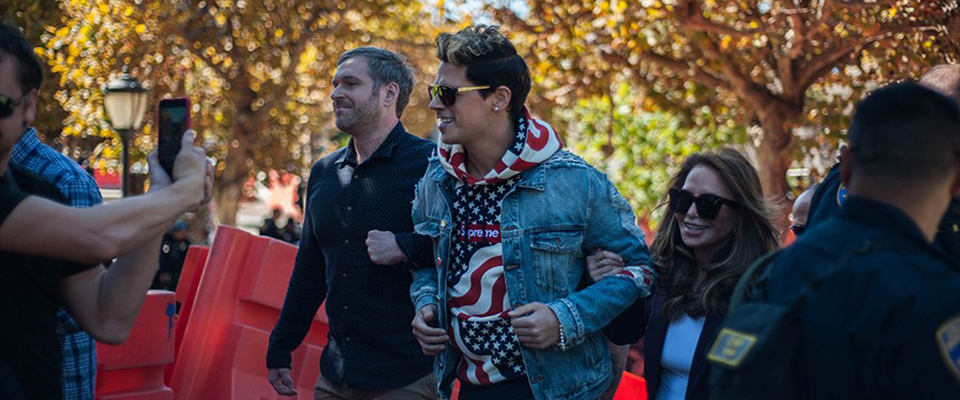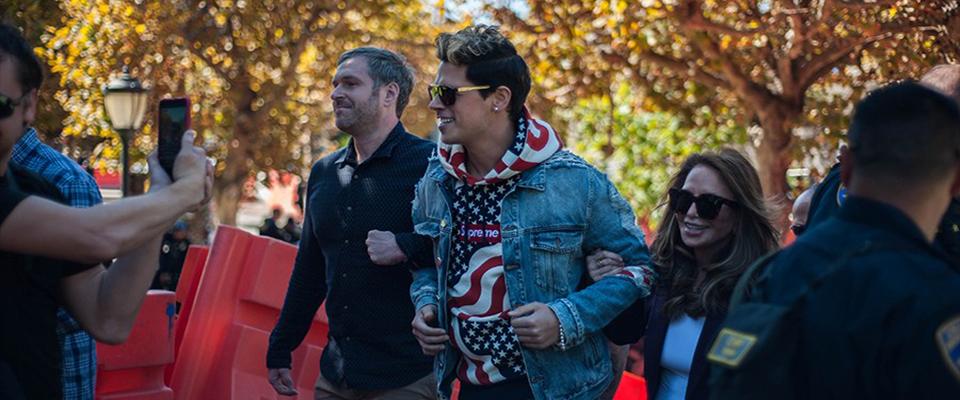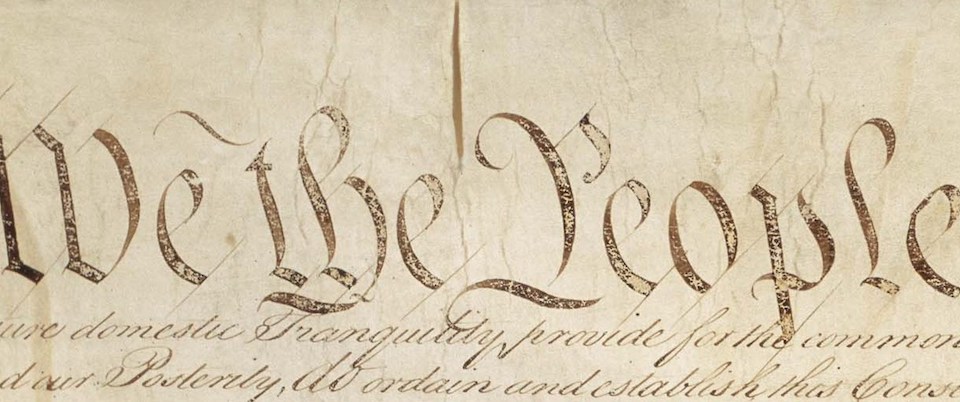In September, the university went to extraordinary lengths to support our commitments to free speech and the safety of our campus community. On September 14, at the invitation of the Berkeley College Republicans, the conservative speaker Ben Shapiro addressed an audience at Zellerbach Hall. His speech was not interrupted, and protests outside the hall were peaceful.
Then from September 24 to 27, at the invitation of the student organization the Berkeley Patriot, Milo Yiannopoulos announced his intention to bring a long slate of speakers to campus for what he called “Free Speech Week.” The day before the scheduled start, the Berkeley Patriot canceled all of the events. Yiannopoulos subsequently made an ad hoc 20-minute appearance on Sproul Plaza, during which he snapped selfies and sang “The Star-Spangled Banner.”
The contrasts between these two events are instructive: Together they reveal much about the challenges facing American universities in their efforts to protect free speech, and the extent to which college campuses are being used as stages for political theater or even, at times, literal battlegrounds.
The Ben Shapiro event fit many people’s conception of a speech on a political topic. Shapiro came to campus, spoke to an audience, answered questions, and then left. The event was live-streamed, and you can still see the speech on the web. However—to use the metaphor of an object and its shadow—the speech was the object, its digital representation was the shadow. Or, to be more explicit, Shapiro came primarily to talk, to be heard, to engage.
“Free Speech Week”—so-called—was an entirely different matter. The event, as announced, was to be extraordinarily elaborate—23 speakers in a dozen events over four days at indoor and outdoor venues. The program as designed, and perhaps as intended, would have caused serious disruption on campus.
Two weeks before the event, cracks began to appear in the plan. The Berkeley Patriot had failed to fulfill its contractual obligations and most of the sensible, standard requirements of our events policy—submitting a list of confirmed speakers, signing contracts and paying for venues, requesting a security assessment. The week before the event, Yiannopoulos published a list of speakers he claimed were confirmed. Within hours, we started to learn that a number of the speakers had not heard of the event and had no intention of coming. Then, as the supposed start of the events approached, we had many incidents of harassment and provocation on campus—chalkings, posters, verbal abuse, “doxing” (publishing personal information online)—aimed at individuals and underrepresented groups. This activity was soon amplified online.
As the sand castle of “Free Speech Week” began to crumble, it was hard to resist the conclusion that it had been, in significant part, a fiction. To return to the metaphor of the object and the shadow, in this instance the digital grist for the social media mill was the object, actual events a mere shadow. As one of the putative speakers, Lucian Wintrich, confirmed in an email to a campus administrator, Free Speech Week was nothing but a “set-up.” By taking advantage of First Amendment protections and campus policies formulated in a more innocent era (last year), the organizer, it seems, sought to provoke the University into canceling it in order to rehabilitate a damaged reputation, score political points, shore up his base, and support a false narrative on the Web that our University bans free speech.
It was an expensive set-up. The University spent at least $2 million on security costs related to the two events; half of this will come from the Office of the President, the other half from campus discretionary funds. We will not use state funds or tuition dollars.
There are many lessons learned from our experience with these two events: how deeply divided our campus is about free speech, with many students and some faculty believing we should change our country’s laws to prohibit hate speech; how complex the campus policy environment is (we worked with 14 different policies in our preparations); and how extensive security preparations needed to be and how important coordination with the city was; and, finally, the extent to which universities in general, and Berkeley in particular, are being targeted in an ongoing battle against objective scholarship, tolerance, and diversity.
In the course of these events, the preparation for them and reflection on them afterwards, I came to realize that free speech must be more than a set of principles, that it must be a process of engagement. There are unsettled areas of the law: what expense is reasonable for an institution to incur in the protection of speech, what regulation of time, place and manner is appropriate, what constitutes a sufficient security threat to justify cancelation of an event.
I have appointed a Commission on Free Speech to analyze recent events, to make recommendations for changes in policy that might make such events less disruptive to the campus, and to advise how we might best align our responsibility to protect free speech with our values as a community—values of diversity and inclusion. Thinking through that tension is some of the most important work before us.





















